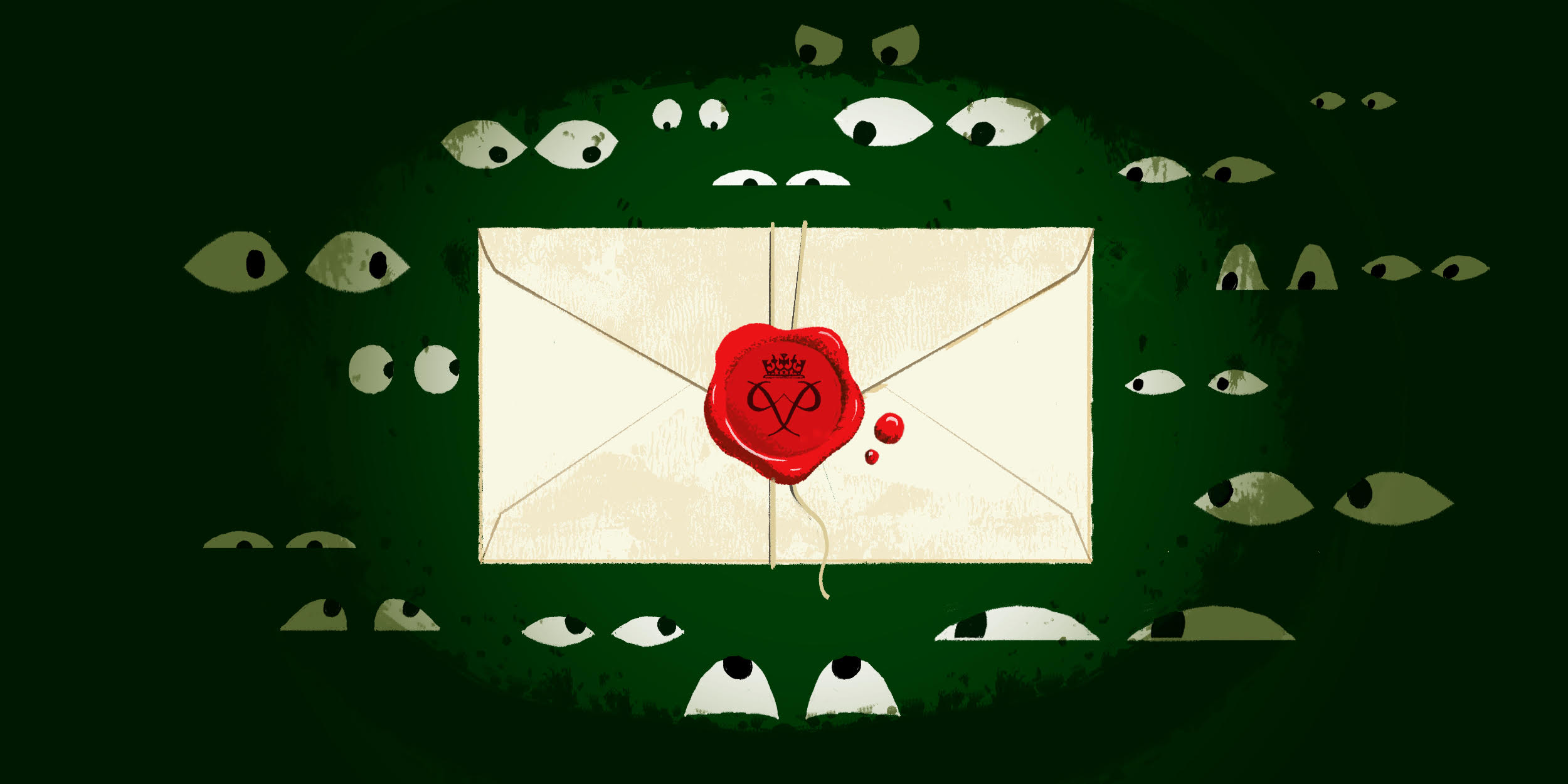
Why the Duke of Edinburgh’s Will isn’t public (yet), but yours probably will be
April 13, 2022 10:24 amDid you know that Wills are usually public documents? Your Will is likely to become public too, after your death. Wills become public documents if your Estate requires probate.
The default position is that you can view a person’s Will by searching the probate records online. For a small fee of £1.50, you can order a copy of a probate record, which includes the Will if there is one.
The reason for this is primarily for accountability. If the Will is open to inspection, then there’s transparency in the process for carrying out the deceased’s wishes.
Why the Duke of Edinburgh’s Will is still private
This issue entered public discourse recently, following the death of Prince Philip, Duke of Edinburgh. It was well-publicised that his Will would be “sealed” for 90 years.
What does that mean and why is it newsworthy?
Well, when it comes to the Royal Family, there’s a long standing tradition stretching back to 1910, by which their Wills remain private. They buck the trend of the default position that Wills become a matter of public record. Instead, Wills of the Royal Family are usually “sealed” and not available for public inspection.
And normally Royal Wills are sealed indefinitely. There’s no time cap after which they become public. But in a break from tradition, the Duke of Edinburgh’s Will is sealed for a finite period of time – 90 years. This means that its contents will be available to view eventually.
How can you maintain privacy in your Will?
If you didn’t know about the public nature of Wills, it might come as a surprise that anybody can pop online and view your Will. It can feel like an affront to your privacy and confidentiality.
It is possible to keep the contents of a Will private. This can happen when the court deems inspection of the Will “undesirable or inappropriate.” But exactly what constitutes “undesirable” or “inappropriate” is not clear. In the judgment that sealed the Duke of Edinburgh’s Will, the reasons were:
- The constitutional importance in maintaining the dignity of the monarch, whose right to a private life should be preserved.
- Making the Will available to the public would not serve to avoid fraud or alert others to the death, so that they may make a claim against the estate or the validity of the Will.
- The public’s interest in the Will was only out of curiosity and the media’s interest solely commercial.
With those reasons in mind, it appears that this security may only be afforded to members of the Royal Family and celebrities.
A more robust option – Letter of Wishes
So if it’s unlikely that your Will stirs the curiosity of mainstream media, how can you protect your privacy?
One way that ordinary members of the public can maintain some privacy is to draft a Letter of Wishes. While your Will may still become a public document, the Letter of Wishes remains confidential.
That means that you can divulge more personal information in this letter. For example, you can give your reasons why you have excluded a person from your Will. You may not want this on public record, but the letter will act as helpful evidence, if the excluded person challenges the Will.
You can share your personal comments about your thoughts and wishes in your letter, so that it’s clear to your executors, but safe from other prying eyes. You can also include addresses and other sensitive information which might otherwise be made public.
If you’d like any help with drafting a Letter of Wishes, or drafting your Will, please do get in touch.
Graphic by Danny Jenkins and belongs exclusively to Marc White & Co and Danny Jenkins.
© Dannyjenkins.design 2022
Categorised in: Wills
This post was written by Marc White



